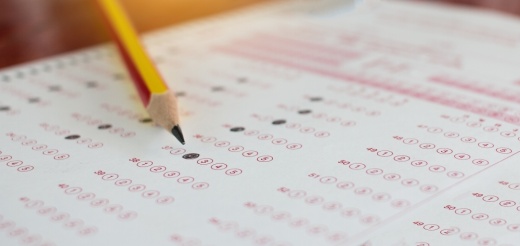The results, which were released Aug. 15, show the district stayed on par with its A score from the 2018-19 school year, which was the last time the TEA issued these ratings due to the coronavirus pandemic.
KISD’s A rating is made of three metrics: student achievement, school progress and closing the gaps. The district earned a B, or 89 of 100, in student achievement; a B, or 89 of 100, in school progress; and an A, or 96 of 100, in closing the gaps, according to the TEA. On a campus level, 37 KISD campuses received an A rating, 26 received a B and six received a C rating, according to district data.
At the Aug. 22 board of trustees meeting, district staff presented the ratings to trustees. State of Texas Assessments of Academic Readiness scores and end-of-course exams hold a large weight in the scores, with the TEA counting “approaches,” “meets” and “masters” as passing performance standards, said Natalie Martinez, KISD's executive director of school improvement.
“On one of our slides, TEA language [has] ‘approaches’ [as] likely to succeed with targeted intervention,” Martinez said. “I will also say that when we talked about 'approaches,' 'meets' and 'masters,' we understand what the TEA language of accountability says, but we also know that in Katy ISD we strive for 'meets' and 'masters.'”
Sanee Bell, KISD's assistant superintendent of teaching and learning, said any students who did not reach “approaches” on the spring 2022 assessments will receive or already are receiving accelerated instruction this year. Accelerated instruction can include providing students support from an elementary interventionist, before- and after-school tutoring, and summer school, to name a few.
Trustee Victor Perez asked about the district’s math scores, which showed that 61% of students approached, met or mastered math in 2021 versus 62% in 2022—a one percentage point increase.
Bell said she believes the coronavirus pandemic likely affected students’ learning, but that district staff is working to support teachers and help develop accelerated instruction.
“[In] mathematics, every skill builds on the next skill, so if you add the pandemic on top of other situations that may have occurred with students, they may be missing some critical skill they didn’t receive in the previous year that was vital in moving to the next step,” she said.
Correction: The original version of this article misspelled Sanee Bell's name.





